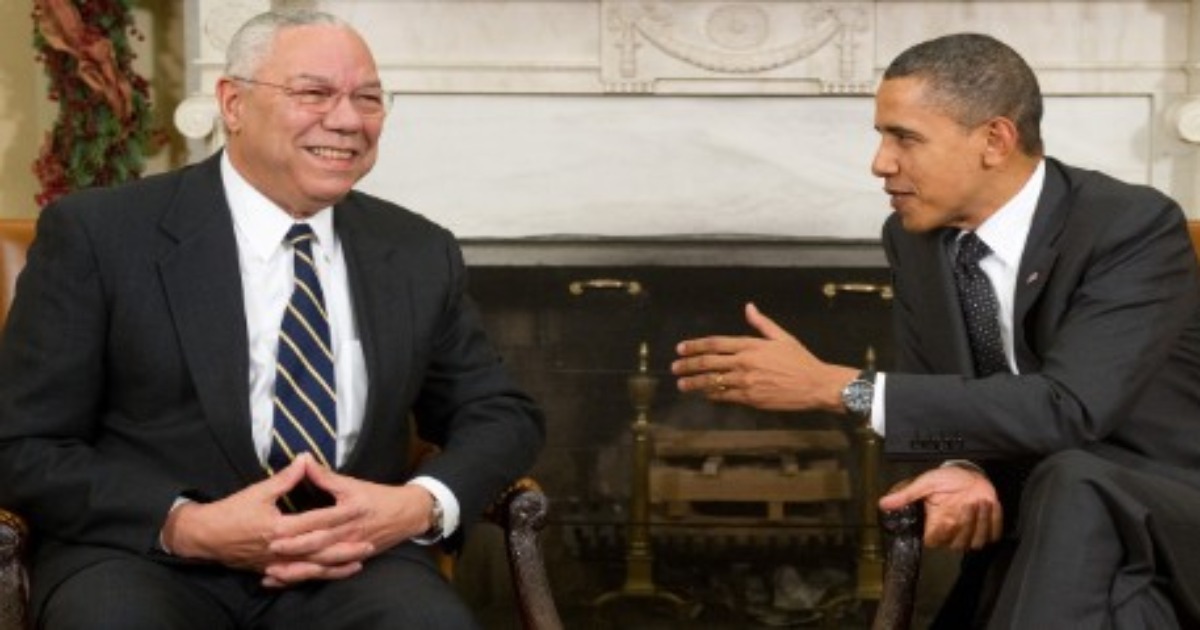For the third time in three weeks, Brown University’s student newspaper, The Daily Herald, has published what US Uncut reporter Amanda Girard describes as a “rambling, incoherent column” on how North America’s indigenous Indian peoples owe 15th-Century Genovese merchant and mercenary Cristoforo Columbo (better known as “Columbus”) a debt of gratitude.
What the Ivy League author describes as the “Columbian Exchange” in fact brought slavery, genocide, disease and wholesale destruction of native cultures and entire ecosystems. It also resulted in what self-proclaimed supremacist author M. Dzhali Maier calls “the massive introduction of Old World organisms, culture and technology into the New World, as well as the game-changing introduction of New World plants and animals into the fields, gardens, minds and architectures of Old World Europe.”
According to Maier, the entire world now enjoys a plethora of tomato-based Mediterranean dishes, coffee drinks and the dubious benefits of tobacco and intoxicating spirits, with the small price of destroying the American Indians.
What are the true facts? The Americas’ First Nations were among the world’s most successful societies. Many existed virtually unchanged for thousands of years. This is not to say that all were so successful. First Nations that attained what we tend to think of as “advanced” (urban) levels of civilization, such as the Mayans, Anasazi and the mysterious “Mound Builders” of the Ohio and Mississippi River valleys, eventually passed away. Urban, literate cultures encountered by early European explorers, such as the Incas of Peru and the Aztecs of Mexico, were as cruel and oppressive in their ways as their European counterparts.
On the other hand, the Haudenosaunee, or “Iroquois Confederation,” comprised of six nations, was relatively peaceful and even democratic. The Iroquois Nations developed a cohesive political system and legal code – elements of which some historians and scholars believe influenced the development of US representative government. Other “advanced” civilizations on the Pacific Northwest Coast had hierarchical social structures. They practiced slavery and could even be warlike – but these practices were never as extreme as they were in Europe.
Ironically, a number of Indian peoples were fine with European settlers who were content to hunt, gather and live the way they did. The story of the early Puritan settlers of New England and the ways in which local Indians assisted them – as well as the way Puritans returned the favor by slaughtering and stealing from them in the name of God – is documented in many sources, including Howard Zinn’s A People’s History of the United States.
Generally, Maier’s thesis rests on the assumption that the introduction of agriculture and industrialization were ultimately a “good thing” for indigenous peoples. Arguably, early First Peoples did their fair share of ecological damage. Paleo-Indians were responsible for the extinction of the wooly mammoth and the early horses of North America (equines were re-introduced by the Spaniards after 1500), and had wiped out the early oak savannah in what is now Oregon’s Willamette Valley. However, by the time the Europeans arrived, most First Nations had achieved a balance with their environment; the aforementioned actions were nothing compared with the environmental destruction wrought by industrialization. .
So – what is the bottom line, here?
There is no question that the collision between Europeans and First Nations of the Western Hemisphere was a gut-wrenching tragedy for the latter. It is a story that has played out repeatedly over the course of recorded history, in the Americas, Africa, Australia, New Zealand and Asia. Colonization and the creation of empires on the backs of indigenous peoples is not a thing to be celebrated. Those who led and participated in the conquests do not deserve to be honored.
On the other hand, it is dangerous to pass judgment on people of the past based on the standards of our present, hopefully more enlightened age. By the ethical and moral standards of the 21st Century, Columbus was a cruel and brutal man – but he was the product of an equally brutal time and place. We should not be celebrating his “discovery” of the New World, but we can acknowledge and commemorate it, recognizing those cultures and human beings who suffered in its wake – and hopefully learn from history as we progress to a better place.


